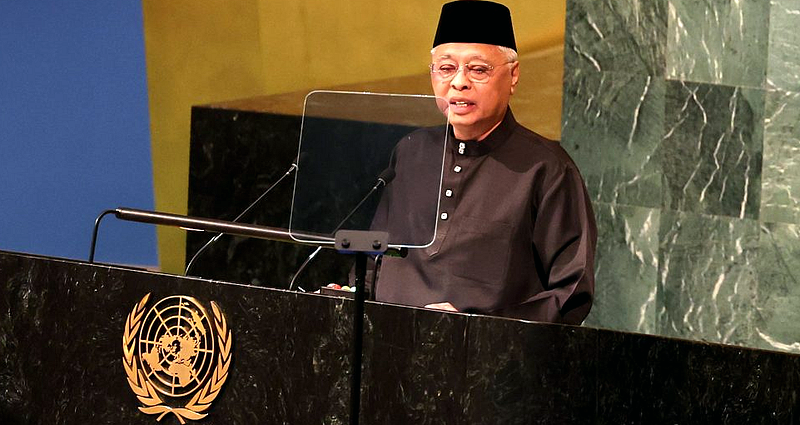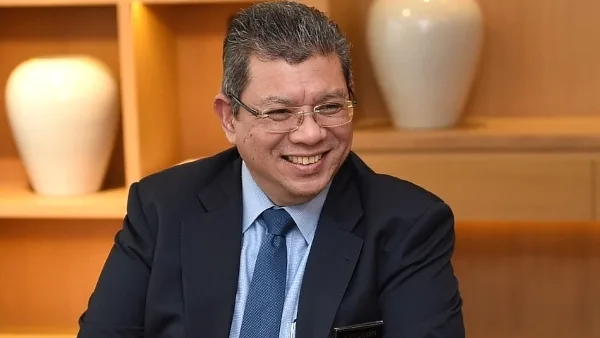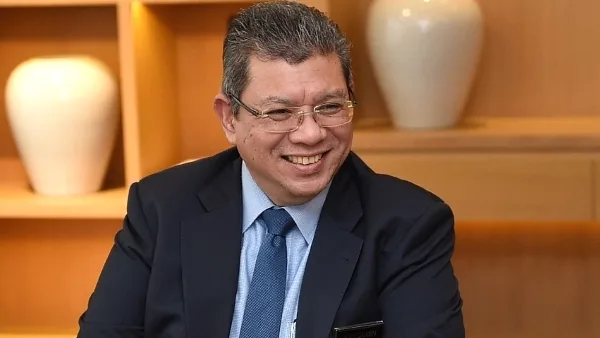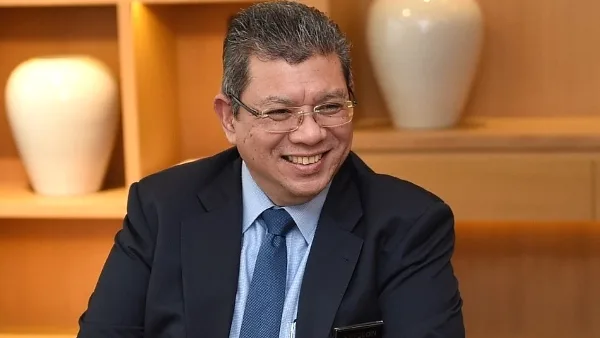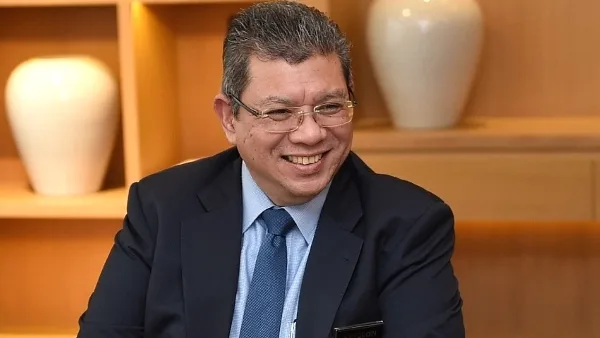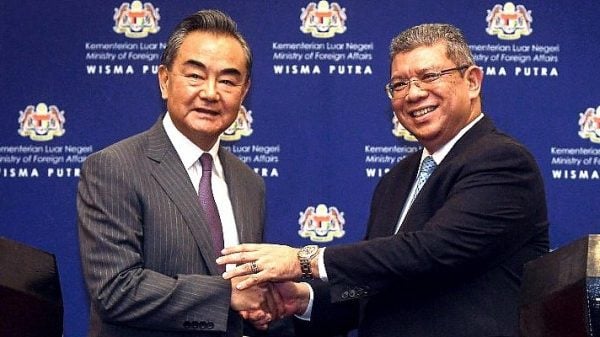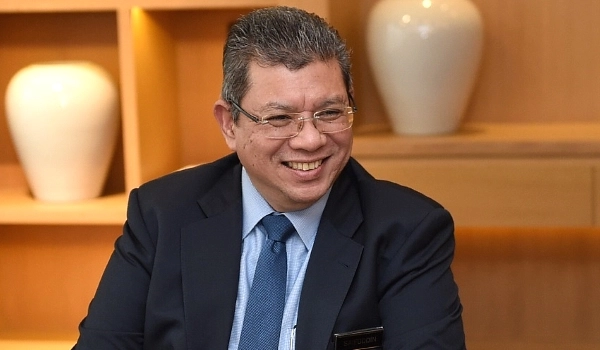
September 13-27 are the dates of various meetings at the 77th Session of the UN General Assembly.
Malaysia attends while we confront the challenges of “current major developments,” namely climate change due to human actions, technological advances that are of great benefit but also involve humanistic issues, and unjust international architectures.
In terms of climate change, which is already a “climate crisis,” it is the result of human actions.
Since the 19th century, due to the effects of the Industrial Revolution, the rapid development of various technologies and industries has generated intensive Greenhouse Gas (GHG emissions).
The biggest contributors to climate change are the wealthy countries. But, now, they are the ones who are loudly voicing “Climate Action.”
Whereas the developing countries, which have just stepped towards a more equitable national development agenda and free themselves from poverty, are restricted and condemned for allegedly violating the principles of environmental preservation and conservation.
Malaysia should be practical. We need to defend the pledge to keep more than half of its landmass green; apply the principles of Environmental Social Governance (ESG); collectively limit global warming to at least two degrees Celsius, and achieve zero net GHG emissions by 2050.
On the international stage, we need to continue to uphold the principle of “equal responsibility, common with differentiated capabilities.”
To succeed, we need to be futurists, that is, by following and as much as possible influencing the ideas and thoughts of science and technology of the future.
The speed of technological advancement will happen faster. The question is our ability to provide a geopolitical, cultural and generational ecosystem that triggers and controls it.
In terms of the ecosystem, we need to be open. And we need to have a robust digital generation.
The momentum of digital technology is unstoppable. We have to accept it openly, but that doesn’t mean we take a resigned attitude. Legislation and regulations remain important.
We also need to overcome its negative effects, for example, cyber security, privacy, the dominance of social media giants, ethics, and clash of ideas related to international internet governance.
The international architectures that exist today, namely in finance, trade, economy, politics, security and others, are unjust for small and developing countries.
For example, the IMF, the World Bank and the UN were formed by the winners of the Second World War.
While the most recent ones, for example, RCEP, CPTPP and IPEF were formed by the beneficiaries of some of the previous ones.
What actually happens is that a small minority of the world’s wealthiest, influential and well-connected, wrote the terms, most of which were biased, for the rest of the vast majority.
Therefore, our diplomats need to be brave in facing these developments.
(Datuk Seri Saifuddin Abdullah is the Minister of Foreign Affairs and Member of Parliament for Indera Mahkota.)
ADVERTISEMENT
ADVERTISEMENT






